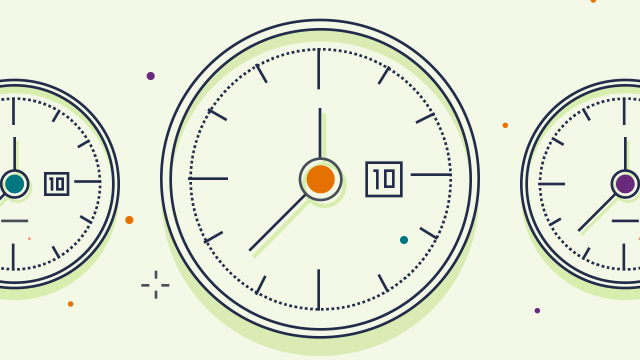

 Article
Article

 In this Three Things video, Darden Professor Manel Baucells, an expert in quantitative analysis, explains three important lessons his research has shown about how the right kind of fatigue management can lead to increased efficiency.
In this Three Things video, Darden Professor Manel Baucells, an expert in quantitative analysis, explains three important lessons his research has shown about how the right kind of fatigue management can lead to increased efficiency.

Insights from
There’s so much to do, and you want to be productive, but sometimes it feels like there aren’t enough hours in the day. Would it help if you had more hours? Or would you just burn out from working constantly? If nothing else, you’d probably be tired.
Research has proven that fatigue decreases productivity — and productivity increases after rest. So if we do things right, breaks during the day make us more efficient, and even though we may work fewer hours overall, we can get more done than if we worked constantly in overtime.
And as a bonus, if you have flexibility, breaks don’t have to come within a traditional schedule. Look for opportunities for overlap between the things you’re going to do anyway and time them between bouts of focused work. For instance, maybe breakfast can be a break between early work tasks and your next work tasks?
In this Three Things video, Darden Professor Manel Baucells, an expert in quantitative analysis, explains three important lessons his research has shown about how the right kind of fatigue management can lead to increased efficiency.
Baucells researches the incorporation of psychological realism into consumer behavior models, focusing on factors like anticipation, reference point comparison, mental accounting, psychological distance and satiation. He is an expert in consumer behavior, decision analysis and game theory.
Prior to his time at Darden, Baucells taught at IESE Business School and the University Pompeu Fabra in Barcelona, as well as served as senior economist at the Rand Corporation in California. He is co-author of the book Engineering Happiness, which applies principles of behavioral economics to happiness, and which was honored with the Decision Analysis Society Publication Award in 2014.
M.S., Universitat Politècnica de Catalunya; MBA, IESE Business School; Ph.D., UCLA Anderson School of Management